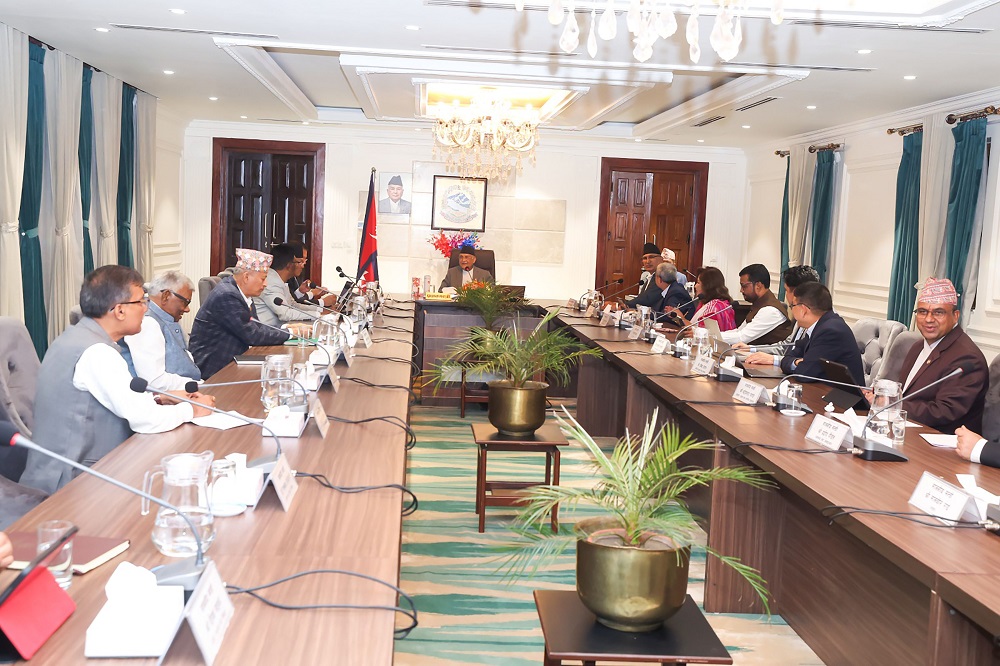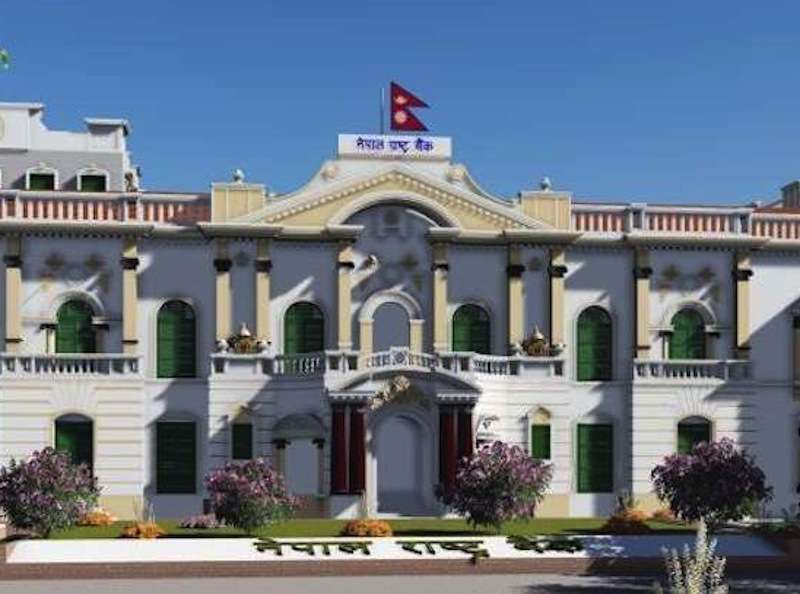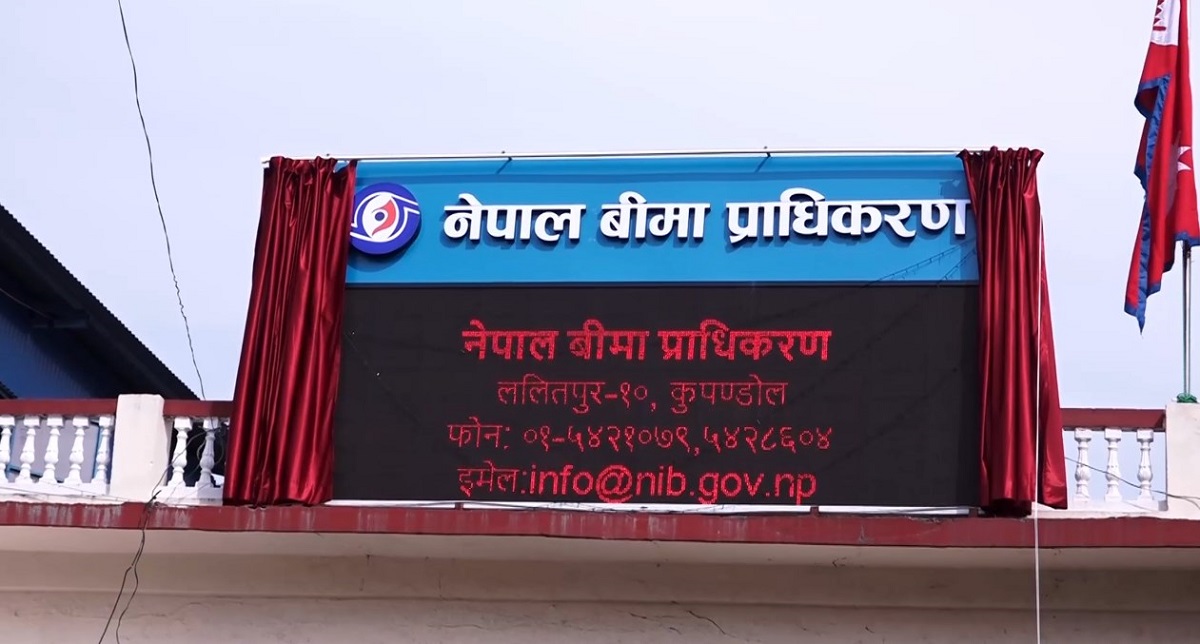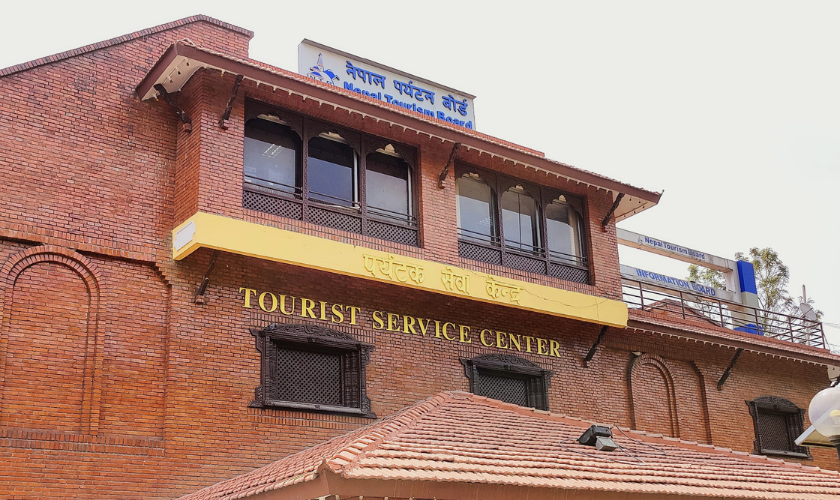Two months after tightening auto loan provisions for banks and financial institutions (BFIs), Nepal Rastra Bank (NRB) has extended similar restrictions to hire-purchase companies. The central bank has capped vehicle loans issued by these companies at 60% of a vehicle’s value—down from the previous limit of 80%.
The revised regulation for such companies was introduced this week through the Fifth Amendment to the Policy and Procedural Framework for Licensing Hire-Purchase Credit Companies, 2070.
Earlier in February, during its mid-term monetary policy review , NRB slashed the loan-to-value (LTV) ratio for private fossil fuel and all types of electric vehicles (EVs) financed through BFIs to 60%. That marked a significant rollback, especially for EVs, which previously enjoyed an LTV ceiling of 80%. The measure was introduced amid surging EV imports and rising bank exposure to the auto financing sector.
According to the central bank, a hire-purchase loan refers to financing extended to individuals, firms, or organizations for acquiring vehicles, machinery, equipment, or tools for agricultural, industrial, commercial, or personal use—where ownership is transferred only after the borrower completes all installment payments.
The move has sparked concern among auto industry stakeholders.
Opposing the policy changes , the Federation of Nepalese National Transport Entrepreneurs (FNNTE) has demanded the government to restore the previous lending thresholds, citing potential setbacks to vehicle sales and the transport sector at large.













